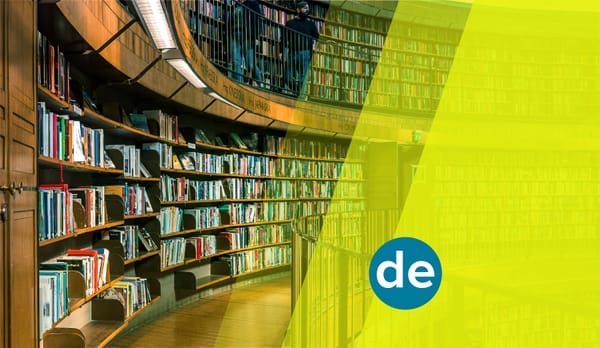19th IGF in Riyadh generates 56 messages
The 19th IGF in Riyadh (15 – 20 December 2024) saw more than 11,000 registered participants (offline and online) from 177 countries. The IGF was opened by UN Secretary-General Guterres. He referred to the Global Digital Compact (GDC), which has recognised the IGF as "the primary forum for discussion on Internet Governance". Saudi Arabia's Communications Minister Abdullah Alswaha criticised the digital North-South divide and warned of an "AI Divide". In over 300 sessions, almost all the world's internet problems were addressed. The results are summarised in the "56 IGF Messages from Riyadh". Both the "Governmental Track" and the "Parliamentarian Track" adopted declarations. At the 20th IGF (2025 in Oslo), there will be a Judiciary Track for the first time. The IGF's mandate expires in 2025 and must be renewed by WSIS+20.
UN Resolution 79/194 on ICT for Sustainable Development and the WSIS process
On 19 December, the 79th UNGA adopted the UN Resolution 79/194 on ICT for Sustainable Development, which also includes the WSIS process. The adoption was preceded by a controversial discussion. The US government wanted to adopt the GDC formulation, according to which the IGF is "the primary forum for discussion on Internet Governance". This was rejected by the G77. The majority presented by it also ensured that "the importance of enhanced cooperation in the future" was mentioned in para. 40. In the Tunis Agenda of 2005, the phrase "enhanced cooperation" stood for the desire of some UN states to create an intergovernmental supervisory body for ICANN. The modalities for the WSIS+20 review conference are to be clarified by 31 March 2025. Two "co-facilitators" for "open intergovernmental consultations" are then to be appointed. However, non-state actors are to be involved from the outset ("involving the input and participation of all stakeholders in the review process, including in the preparatory process")
AI rules against misuse and for inclusion
An AI expert briefing (Fei Fei Li/Stanford, Yann LeCun/Meta and Jacob T. Schwartz/New York University) chaired by US Secretary of State Blinken took place at the UN Security Council on 19 December 2024. According to Blinken, AI can help achieve 80 percent of the SDGs, but "it can also be deployed for destructive and hard-to-trace cyberattacks". The "AI Safety Institutes" could help to curb AI misuse. China's ambassador Fu Cong said: "AI technology is not a cake for a small group of people, nor should its global governance be determined by just a small number of countries. China firmly opposes the practice of imposing on others the rules formulated by a small number of countries." Russia offered technical assistance to the Global South and called for AI algorithms based on cultural and national specifications of different civilizations. UN Secretary-General Guterres said: "Recent conflicts have become testing grounds for AI military application. Algorithms, from intelligence-based assessments to target selection, have reportedly been used in making life-and-death decisions. Artificial intelligence without human oversight would leave the world blind.... The integration of AI with nuclear weapons must be avoided at all costs. ... We must never allow AI to stand for 'Advancing Inequality' ".
OEWG supports new cyber security mechanism
The 9th formal meeting of the Open Ended Working Group (OEWG) on Cybersecurity took place in New York from 2 – 9 December 2024. The group discussed the creation of a new "permanent mechanism" for cyber security at the UN to continue the work of the OEWG after 31 December 2025. On 24 December 2024, the UNGA gave the green light for this roadmap with UN Resolution 79/237 and also confirmed the two other OEWG projects: The Point of Contact Directory (PoC) and the Global Portal on Cooperation and Capacity-Building.
UN adopts Cybercrime Convention
On 24 December 2024, the UN General Assembly adopted the UN Cybercrime Convention (UN Resolution 79/243), which was finalised in August 2024. The ceremony for the formal first signature will take place in Hanoi in the first quarter of 2025. The convention will enter into force once the 40th instrument of ratification has been deposited. Western countries had once again criticised some of the vague wording, but ultimately agreed to the convention.
European Council adopts Cyber Solidarity Act
On 2 December, the European Council adopted two further laws to strengthen cyber security in the EU: The "Cyber Solidarity Act" and an amendment to the "Cyber Security Act" (CSA). Among other things, the laws advocate a new "cyber security alert system" with national and cross-border cyber hubs throughout the EU that can respond to immediate threats in real time.
Russia tests national Internet
On 7 December 2024, Russia decoupled from the global internet in a test for the first time. The corresponding law was passed in 2019. The test affected three Caucasian regions (Dagestan, Ingushetia and Chechnya).















